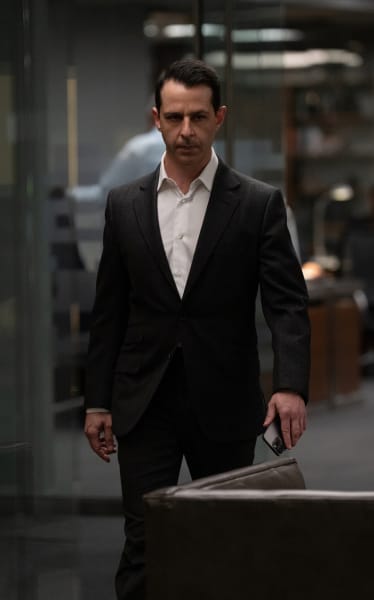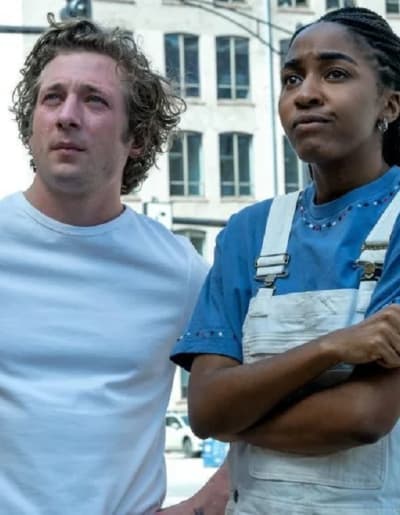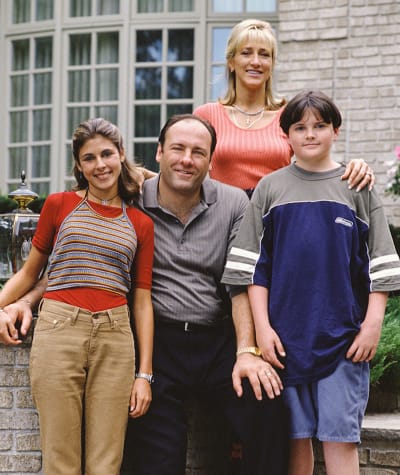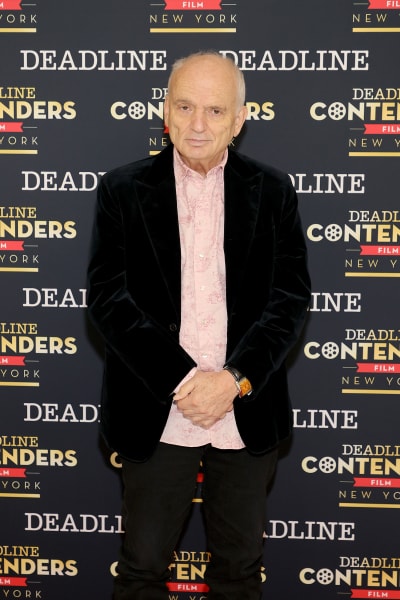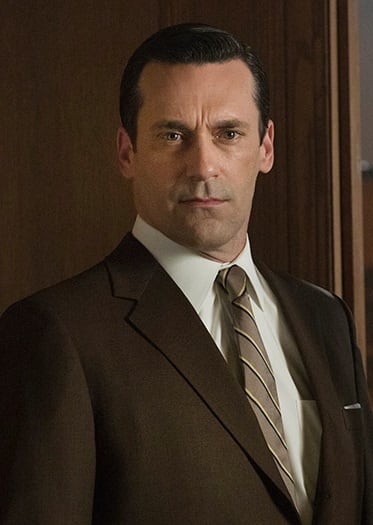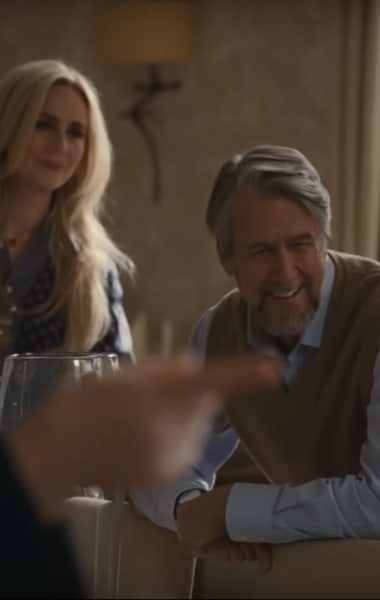When they first learned that Succession would be coming to an end after just four seasons, fans of the show might have let out spittle-flecked strings of profanity worthy of Waystar Royco potentate Logan Roy.
In the end, of course, the truncated run worked out brilliantly.
Jesse Armstrong’s acclaimed series about a foul-mouthed family of media bajillionaires concluded on an astonishing high note with a twist that raised the dramatic stakes, created new power dynamics, and mined the show’s signature brand of dark humor for new mother lodes of comedic gold.
Few series go out on top these days, opting instead to shamble on in zombified states for several years after they’ve peaked.
For its risks, its eccentricity, and, of course, its brilliantly naturalistic performances — the likes of which are seldom seen on television or anywhere else — Succession was rewarded with almost unprecedented acclaim.
The show took home six Emmys at Monday night’s strike-postponed ceremony, and critics are already including it in conversations about the greatest dramas.
Though with its wicked humor, Armstrong’s masterpiece was always resistant to easy categorization of all time.
But what’s really stunning about this moment in television history isn’t the short reign of a new modern classic but rather the fact that Succession is not alone in bringing challenging, thought-provoking stories and characters back to our television screens.
FX’s The Bear and Netflix’s limited series Beef have also been forces of nature throughout the current award season.
And better yet, people are actually watching these shows!
Succession drew in nearly three million viewers for its series finale. They are not exactly Game of Thrones numbers, but they are still a whopping audience for a premium cable show in the era of 18 million streamers.
For their part, The Bear and Beef have quickly developed into the sort of buzzed-about “oh, you gotta watch it!” shows that feel like throwbacks to a bygone era that left us entirely too soon.
Yes, there was a time — not all that long ago — when it felt as though everyone you encountered was urging you to watch some brilliant new series, and your DVR was so loaded up with quality content that you’d need a two-week staycation just to get caught up.
Needless to say, that era was short-lived, and these days, you might find yourself revisiting favorites of yesteryear out of a desperate desire for compelling television that’s written for grownups and has nothing to do with any “cinematic universe.”
According to TV historians, the medium has experienced two golden eras thus far:
The first took place between 1948 and 1959. That was when Lucille Ball, Rod Serling, Steve Allen, and other legends of the small screen explored and defined the possibilities of this new medium.
It’s more difficult to identify the endpoint of the second golden age, but it’s generally agreed that it began when a gangster walked into a psychiatrist’s office.
As you may have heard, last week marked a milestone moment in TV history, as fans celebrated the 25th anniversary of the debut episode of The Sopranos.
Comments about pieces of media that “changed everything” are often overblown, but in the case of David Chase’s gloomy gangster masterpiece, such plaudits are no exaggeration.
But while there’s no denying the show’s ongoing influence, its quarter-century anniversary was something of a bittersweet occasion:
These days, there’s a widespread consensus that network and streaming execs have squandered the potential that Chase and company brought to light.
It’s due to their risk-averse mania for a quick hit, their unwillingness to give struggling shows a chance to find an audience, and their love for low-budget reality shows.
In a recent interview with The Hollywood Reporter, the always-outspoken Chase revealed that he thinks of the Sopranos anniversary as “a funeral.”
Chase says he now regards the Second Golden Age as a fluke — “a 25-year blip” in which television briefly transcended its perceived limitations and momentarily reached the level of high art.
“And to be clear, I’m not talking only about The Sopranos, but a lot of other hugely talented people out there who I feel increasingly bad for,” Chase said.
It was the era of Mad Men, The Wire, Breaking Bad, Six Feet Under, and Arrested Development.
It was a time when pitches that would’ve gotten a wannabe showrunner laughed out of the room a few years earlier were becoming fodder for big-budget full-season orders.
Chase’s concerns are understandable, as until recently, it looked as though that spirit of exploration had left the industry for good.
But then award season is taken over by the unexpected — quality programs that critics and viewers alike enjoy.
A dark family dramedy populated by a cast of virtual unknowns, a road rage-fueled limited series created by a Korean-American up-and-comer with no major credits to his name, and a single-cam pseudo-sitcom about the dark side of the hospitality industry fueled the surprise.
It turns out that there might be cause for hope.
Succession, Beef, and The Bear are indicators that the hunger for challenging, thought-provoking TV is alive and well in a new generation of viewers.
Perhaps the powers that be at streamers like Netflix and Max might be left with no choice but to start taking risks on experimental, genre-bending content.
But if the demand dissipates and these bold series turn out to have minimal lasting impact, then we might be in the midst of another depressingly ephemeral “blip.”
What do you think?
Did the various voting organizations finally get it right?
Hit the comments below with your thoughts.
Tyler Johnson is an Associate Editor for TV Fanatic and the other Mediavine O&O sites. In his spare time, he enjoys reading, cooking, and, of course, watching TV. You can Follow him on X and email him here at TV Fanatic.


